Weekly Tech Recap - № 363 - Dell concept laptop, Corsair Xeneon Flex, Support for Windows 7 and 8 ends, etc.
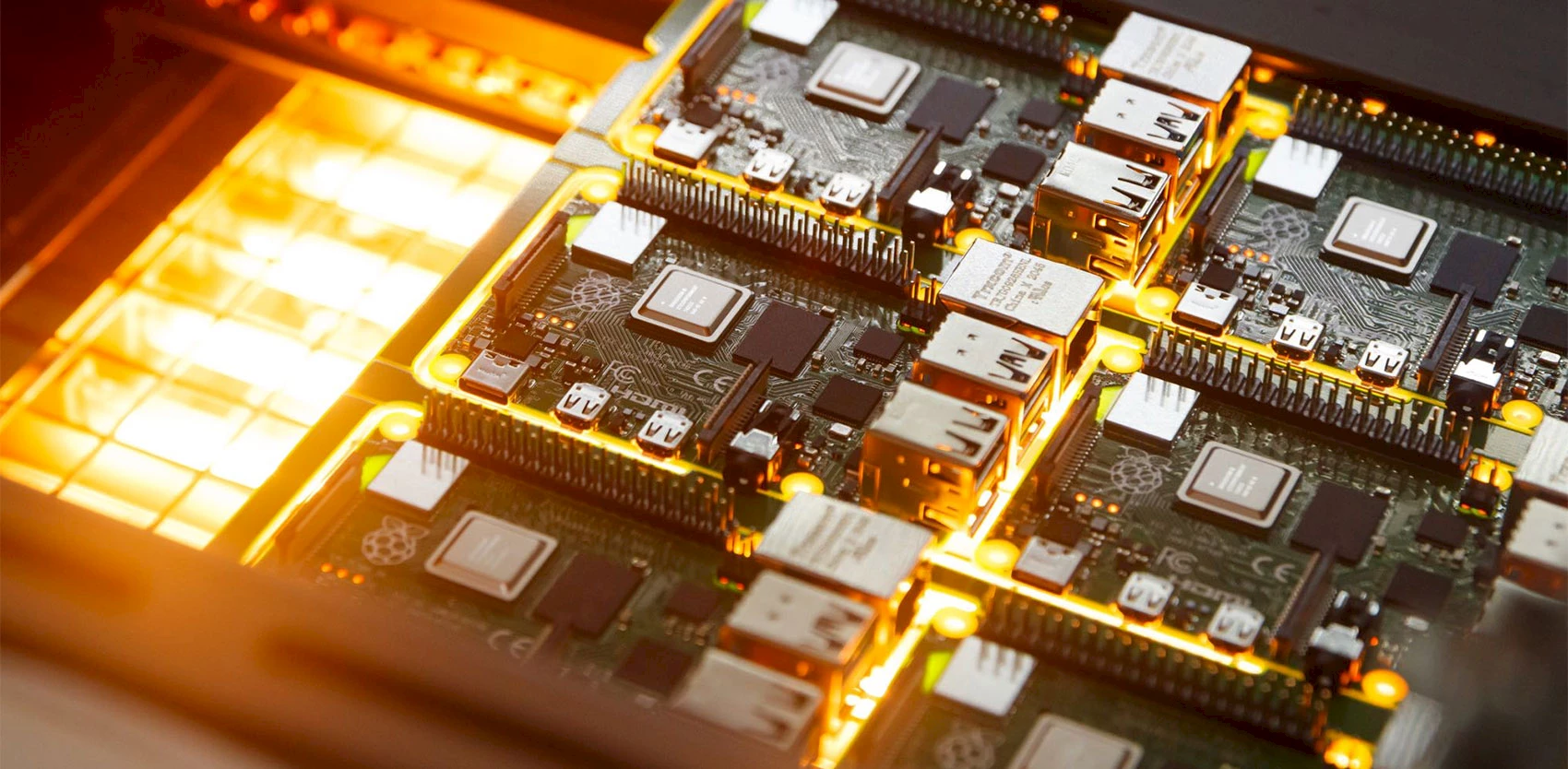
Dell’s revised Concept Luna modular laptop
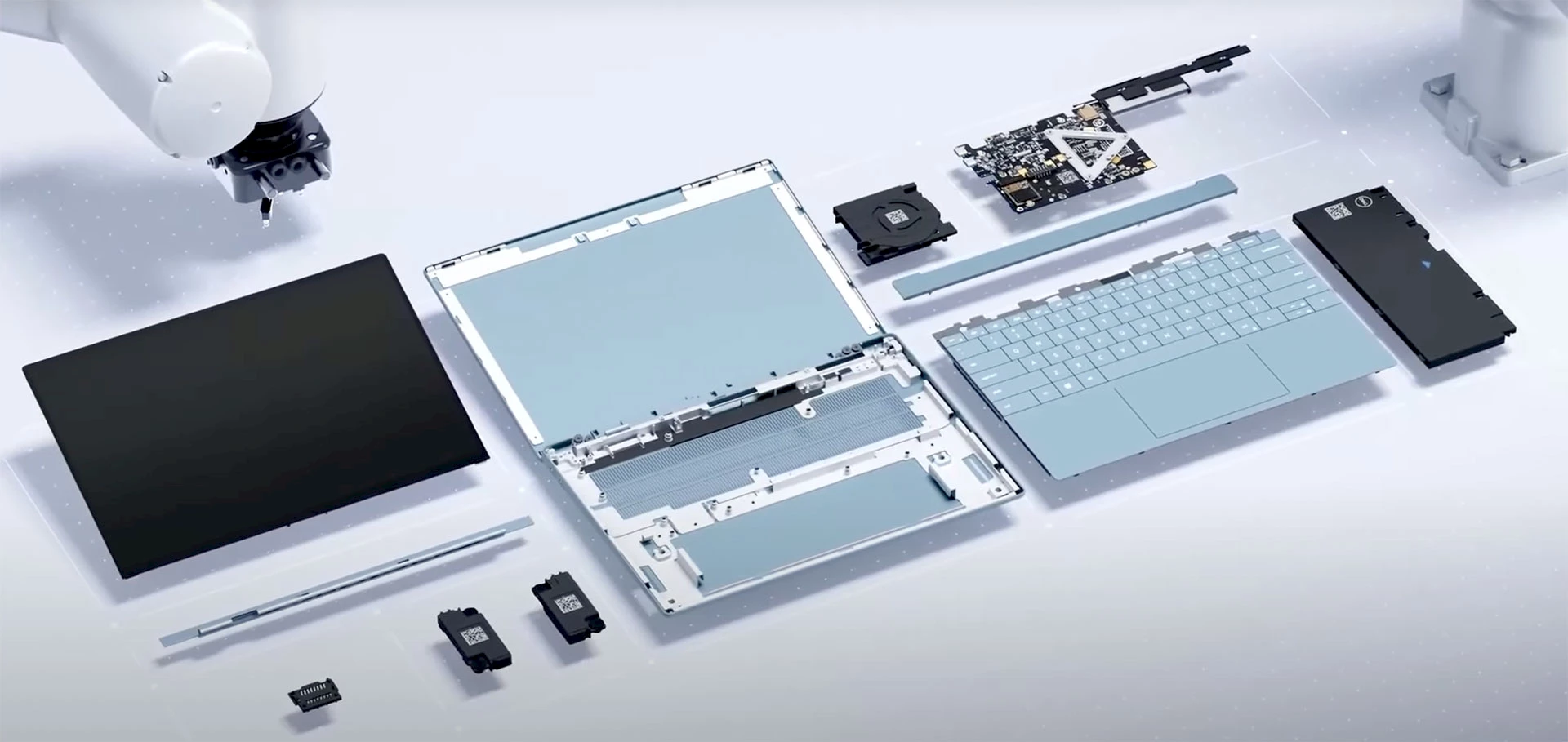
Concept Luna. © Dell.
With an unmistakable nod to the success of the Framework modular laptop, Dell is going one step further with its concept of a laptop that can be easily disassembled, fixed, rebuilt, and upgraded… by its user. Concept Luna appeared for the first time in 2021 and now, with CES 2023 approaching, IT news outlets had a good look at the company’s fine-tuned iteration. With very few cables and screws, the new prototype is quickly and easily taken apart. Among several other clever solutions to make the laptop easier to fix, for technicians or users: each part is labelled with an identifying QR code to make it easy to order replacement parts. Remains to be seen whether some of these great ideas will appear in consumer devices before long.
⇨ YouTube, “Concept Luna: The evolution of sustainable PC design.”
⇨ Ars Technica, Scharon Harding, “Dell concept laptop has pop-out components, disassembles screwdriver-free.”
2022-12-15
App Store loosens grip on iOS apps
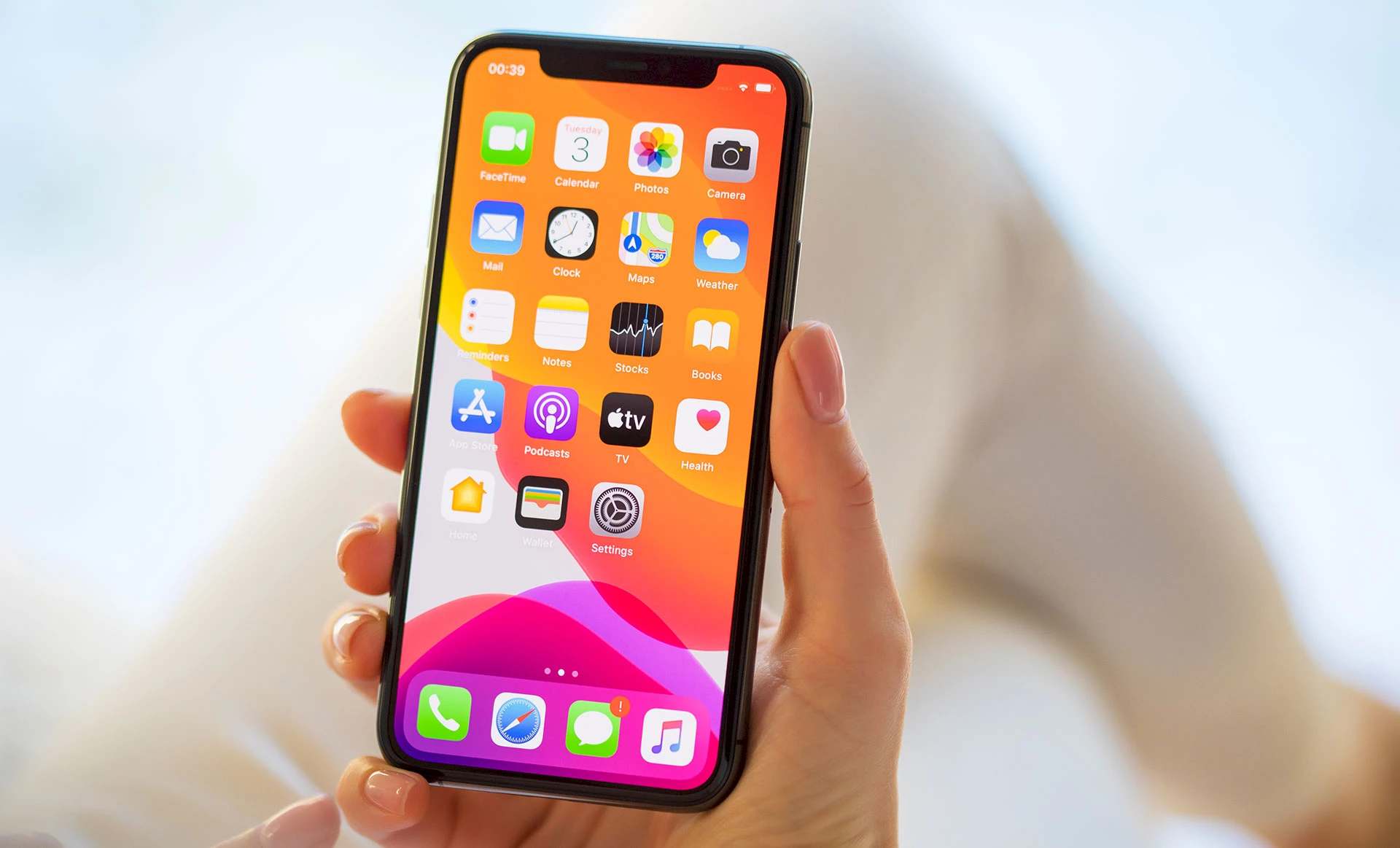
© iStock.
Apple is working on modifications to iOS that would let users circumvent the App Store to download apps, according to Bloomberg. Apple has been compelled to break its stance dating back to the very beginnings of the iPhone due to the European Union’s Digital Markets Act (DMA), with changes potentially available late 2023 with the release of iOS 17. However, Apple is looking at ways to limit users’ exposure to malware by continuing to require application verification, for example. The Bloomberg article suggests that these changes might only take effect in Europe, and would not impact users elsewhere such as in North America. This would also be a sea-change for Apple, as iOS has always offered the same features and experience to all users, no matter where they are located.
⇨ Ars Technica, Samuel Axon, “Report: Apple plans to support sideloading and third-party app stores by 2024.”
2022-12-13
Raspberry Pi back in stock
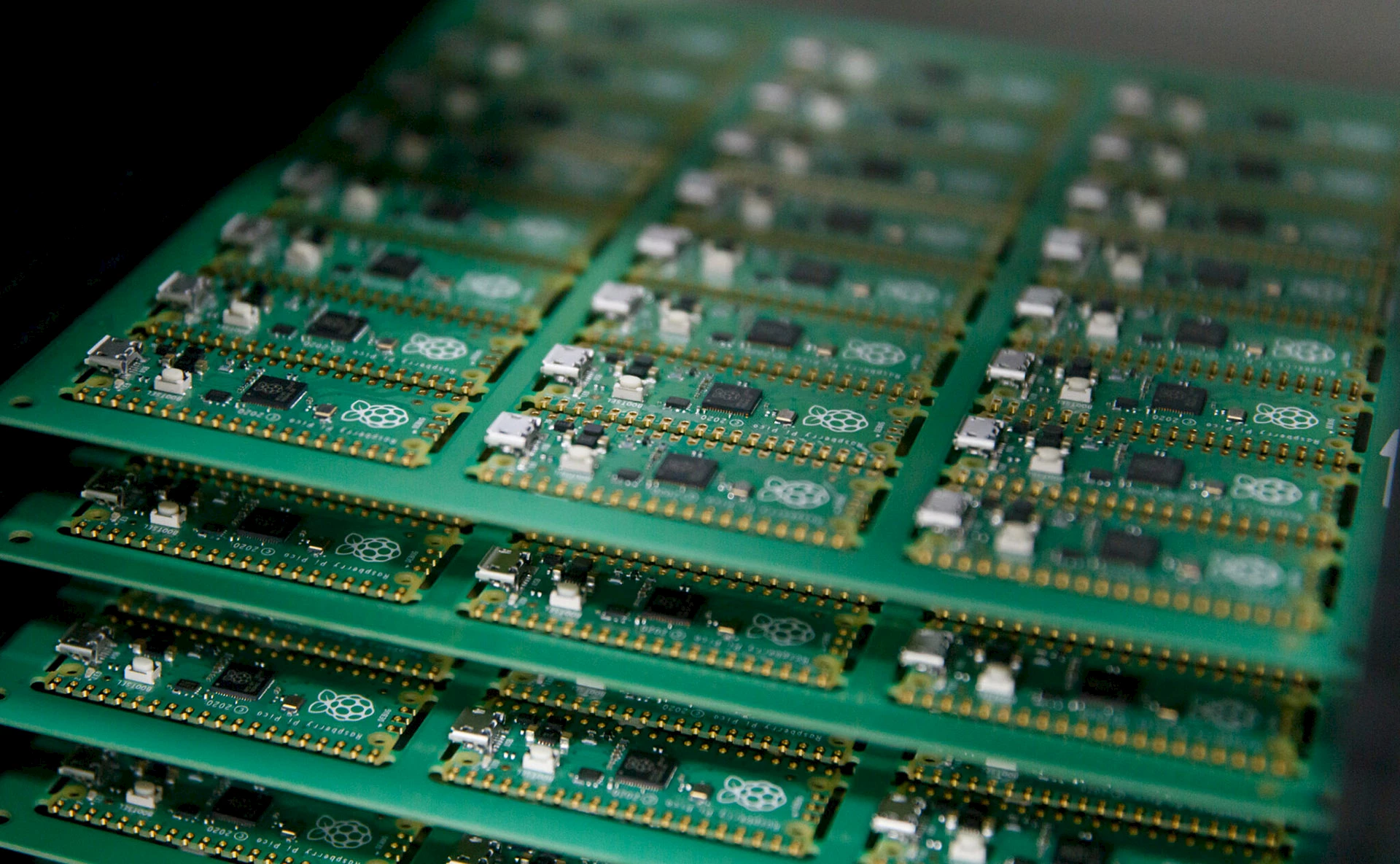
A lot of Zeros. © Raspberry Pi Ltd.
Raspberry Pi founder Eben Upton says that the board shortage, which mostly affected consumers, is gradually sorting itself out. In a blog post, he writes that Raspberry Pi has “set aside a little over a hundred thousand units, split across Zero W, 3A+, and the 2GB and 4GB variants of Raspberry Pi 4, for single-unit sales.” Zeros will show up first, followed by the 3A+, then the 4GB models. Upton forecasts that by the end of Q3 2023, things will have gotten back to where they were before the Great Pi Shortage, with “hundreds of thousands of units available at any given time.” On the other hand, the price of Zero goes from 5 to 10 USD, and that of Zero W from 10 to 15 USD, due to the increased cost of components. A pricier Zero is surely better than no Zero at all.
⇨ Ars Technica, Kevin Purdy, “Raspberry Pi inventory improving, could reach pre-pandemic levels in 2023.”
2022-12-12
Corsair’s Xeneon Flex 45-inch monitor
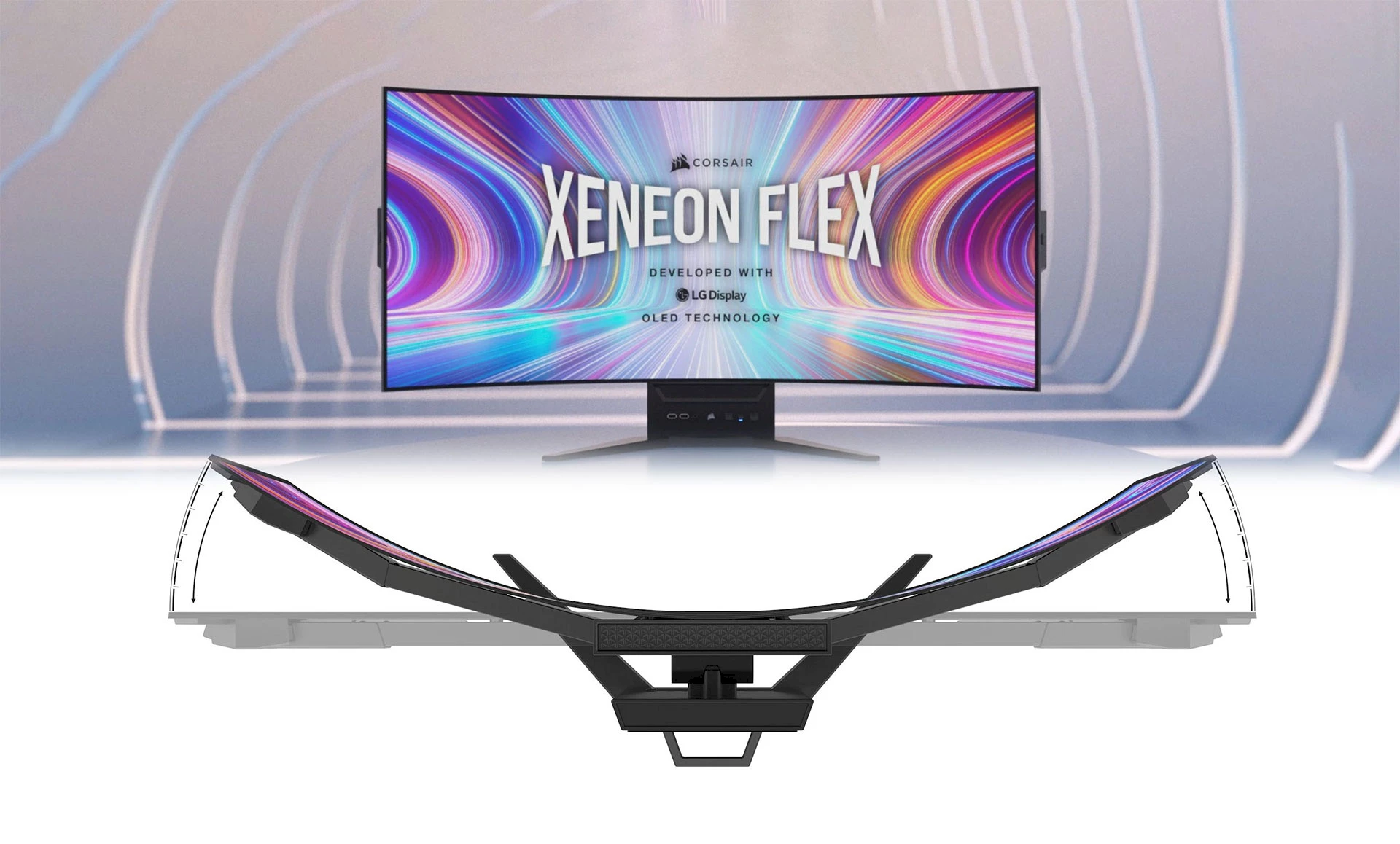
Xeneon Flex 45. © Corsair.
Each month brings with it another OLED screen that can flex from flat to curved. Corsair has just released an impressive model with high-end features. Created in partnership with LG Display, the Xeneon Flex 45 is a 45-inch 3440 x 1440 pixel (21:9 aspect ratio) monitor that offers 1000 nits peak brightness and excellent contrast ratio. The manufacturer promises a refresh rate of up to 240Hz, a GtG response time of 0.03ms and a near-instantaneous pixel on/off time of 0.01ms, all fully compatible with NVIDIA G-Sync and AMD FreeSync Premium. The monitor comes with a three-year warranty, which includes a very welcome zero-dead-pixel guarantee. It’s available for preorder on the Corsair online store for 2,000 USD, with delivery begining end of December 2022.
⇨ The Verge, Cameron Faulkner, “Corsair’s Xeneon OLED flexes on them other gaming monitors.”
2022-12-05
That’s a wrap for Windows 7 and 8 support
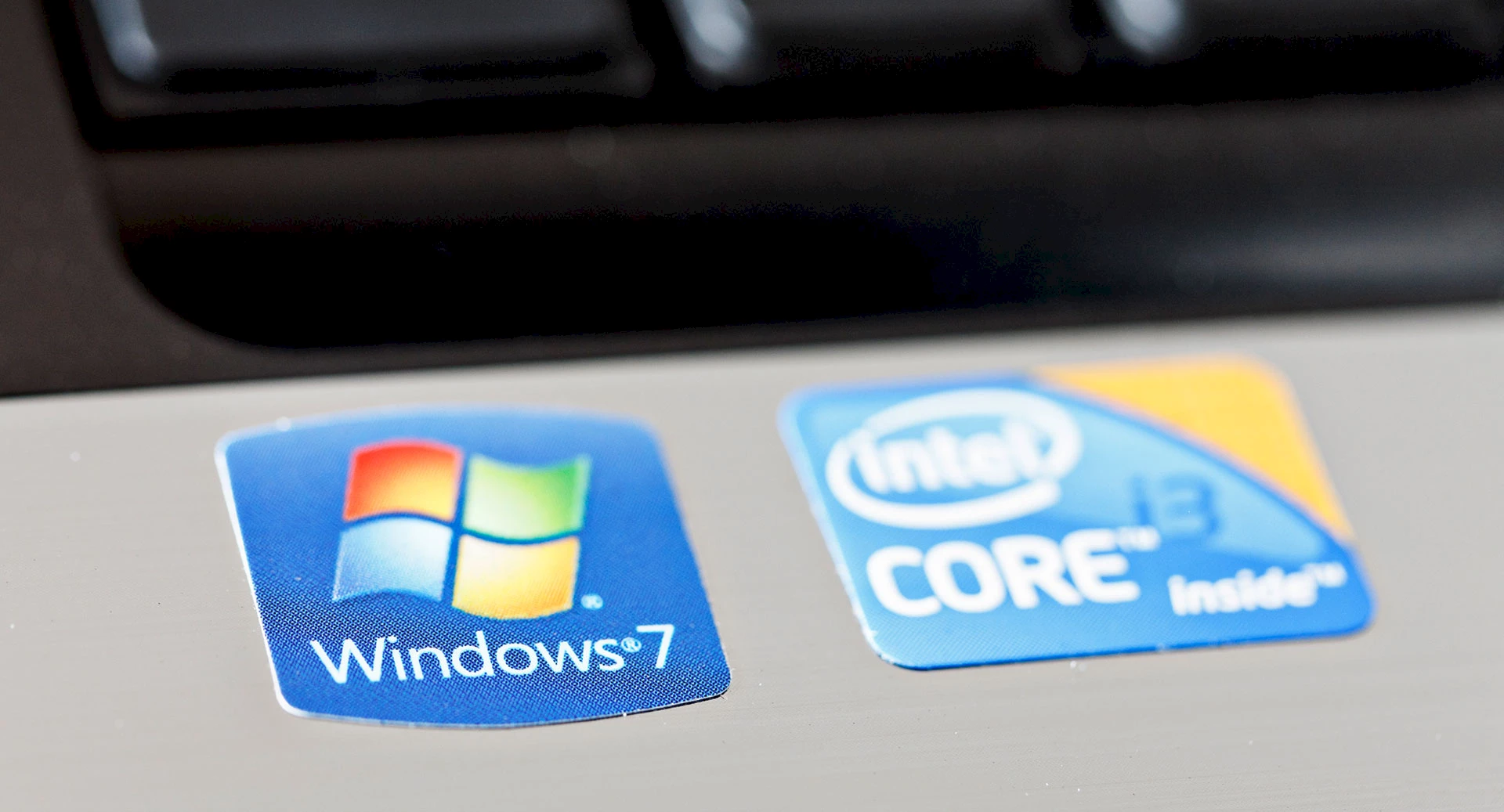
Windows 7 inside! © iStock.
Starting January 10, Windows 7 and Windows 8 will no longer be supported, meaning that Microsoft will not offer security updates for these systems. Felling both the 7 and 8 operating systems in one swoop seems drastic, but that’s only because Windows 7, which was very popular with businesses, enjoyed an uncharacteristic three-year grace period, which Windows 8 did not. Windows 7, released thirteen years ago in 2009, was replaced by Windows 8 in 2012 to mixed reviews, and that was in turn replaced by Windows 10 in 2015. There never was a Windows 9, most likely for marketing reasons – critics had sneered that Windows 8 was so awful that Microsoft should skip over 9 and go straight to Windows 10.
⇨ Ars Technica, Andrew Cunningham, “Support for Windows 7 and 8 fully ends in January, including Microsoft Edge.”
2022-12-12
